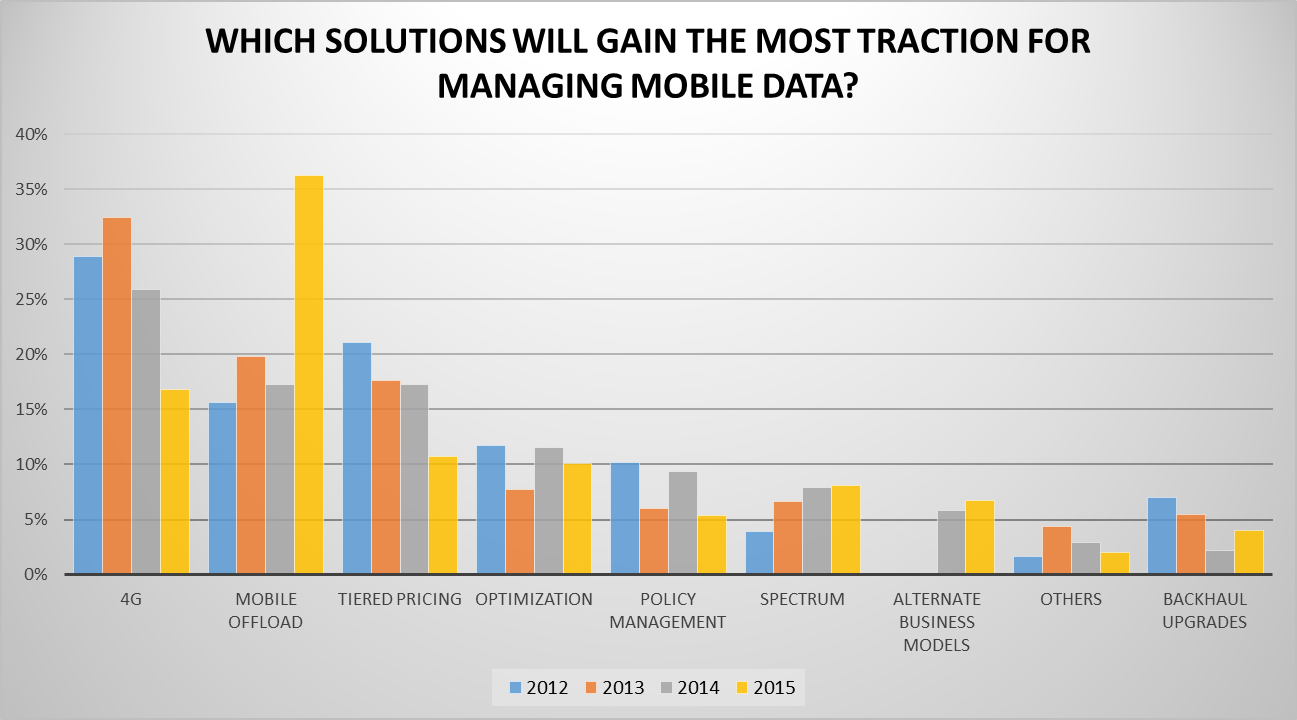While zero-rated data gains popularity in some markets (Colombia, Pakistan, Zambia), the Canadian regulator, CRTC, directed two MNOs, Bell Mobility and Videotron to eliminate this "unlawful practice", which they categorize as "application-specific economic Internet Traffic Management Practice (ITMP)".
CRTC announced that "As Canadians turn more and more to the Internet for viewing content, it is important to make sure that these new platforms are made available to Canadians in a fair and open manner. In this regard, the CRTC issued a decision today that reinforces its commitment to an open Internet.
 The CRTC has directed Bell Mobility and Vidéotron to stop giving their mobile television services, Bell Mobile TV and illico.tv, an unfair advantage in the marketplace, to the disadvantage of other Internet content. These companies exempted their own mobile television services from their standard monthly data charges. Content from other websites or apps, on the other hand, counted against the customer’s data cap.
The CRTC has directed Bell Mobility and Vidéotron to stop giving their mobile television services, Bell Mobile TV and illico.tv, an unfair advantage in the marketplace, to the disadvantage of other Internet content. These companies exempted their own mobile television services from their standard monthly data charges. Content from other websites or apps, on the other hand, counted against the customer’s data cap.- Bell Mobility must eliminate this unlawful practice by April 29, 2015.
- For its part, Vidéotron indicated that it planned to withdraw its illico.tv app for BlackBerry and Android devices by the end 2014. Vidéotron must confirm by March 31, 2015 that this app has been withdrawn and ensure that any new mobile TV service it offers does not give it an unfair preference or advantage over similar services.












































